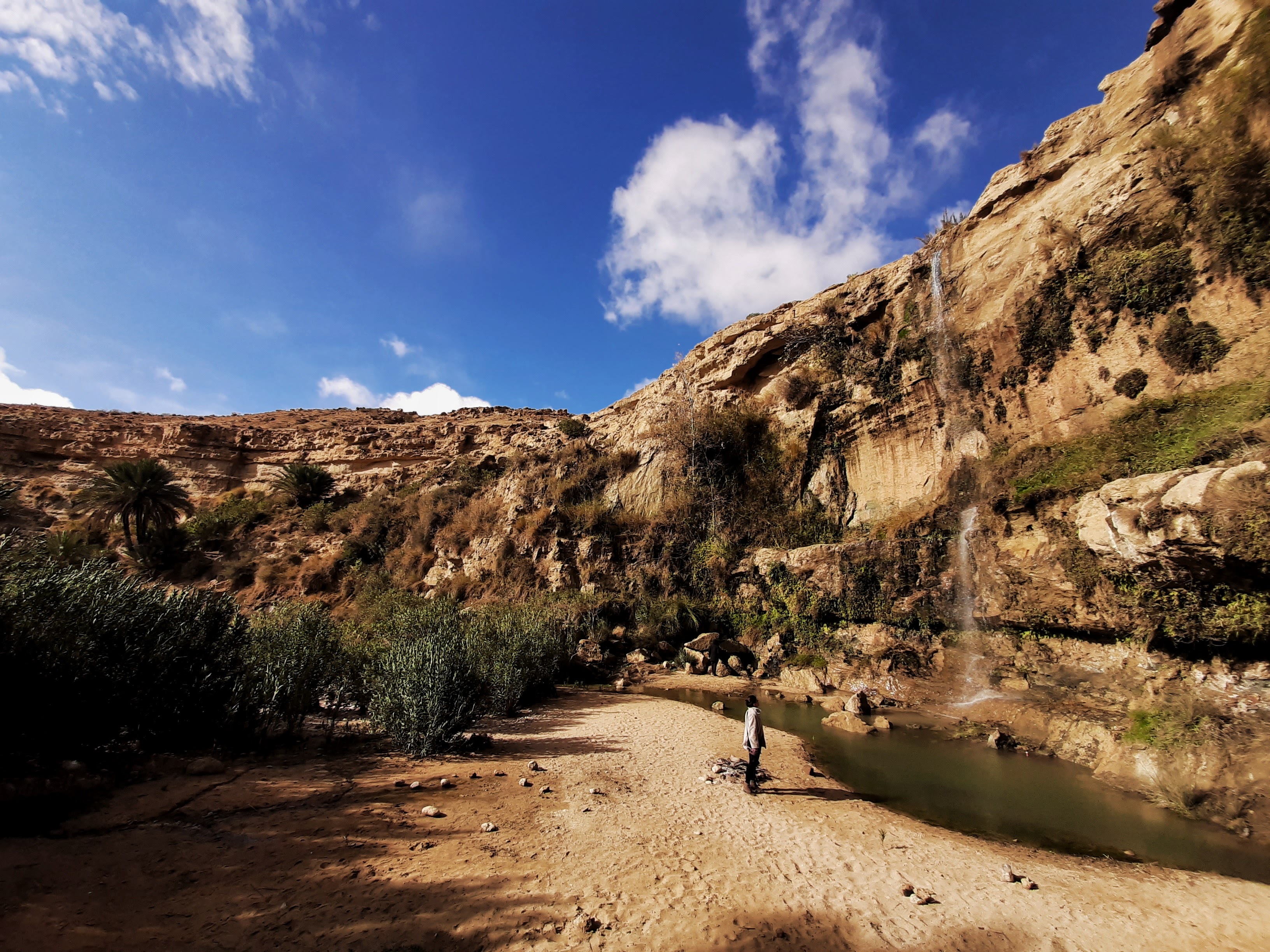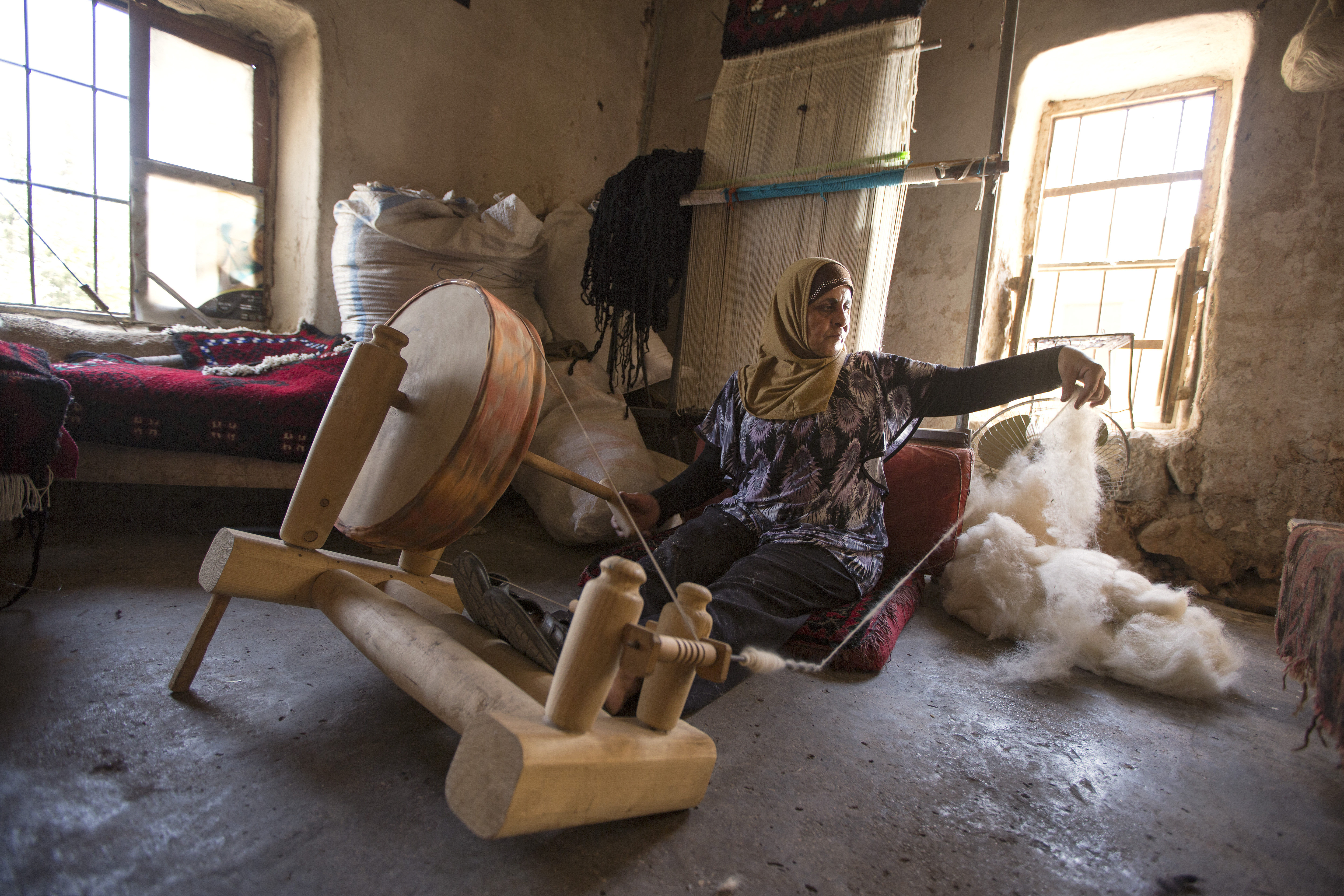Promoting Responsible Tourism for Better Economic, Social and Cultural Integration of Migrants in Jendouba and Kairouan is one of the key projects implemented by Cities Alliance in Tunisia. The initiative tested approaches to increase the attractiveness of these two secondary cities, as places to live, work and invest in.
Internal labour migration is a significant phenomenon in Tunisia. It is directly linked to the socio-economic disparities between lagging regions of the interior and the dynamic coastal regions. The interior regions have high unemployment and poverty levels (around 30 per cent), with lower standards of living and limited access to basic services and quality infrastructure.
Many young migrants from Tunisian secondary cities are attracted to the large metropolitan areas in search of employment and better opportunities. Secondary cities are in turn receiving rural migrants for the same reasons. Local authorities are trying to find ways to integrate them economically, socially, and culturally, while at the same time retaining entrepreneurial residents who would otherwise migrate to the primary cities.
Cities Alliance supported tourism initiatives in Jendouba and Kairouan, with the goal of stimulating job creation. We focused on integrating migrants who had moved from rural to urban areas. In collaboration with the National Office for Tourism and with the participation of young entrepreneurs, new tourism circuits bridging the urban-rural divide were designed.

Kairouan and Jendouba have great potential for inclusive and sustainable development. Both cities and their surrounding areas are rich in cultural, artisanal and natural attractions that are largely untapped, and Kairouan is classified as a UNESCO world heritage site. As a result, both designed projects to test approaches from the tourism sector to increase their attractiveness as places to live, work and invest.
The projects analysed the economic and social potential associated with responsible tourism in the cities and their surroundings, including how to integrate youth into the labour market and social life. The cities then used this information to develop tourism products, including supporting youth to develop proposals for their own tourism agencies and educational tours.
Youth-run tourist agencies
118 youth (65% of them women) submitted proposals. The project provided onsite support to selected proposals, guiding the youth through creating their own tourism agency and learning how to manage it independently as a social enterprise. Youth entrepreneurs established a virtual network to share questions and best practices, providing an example for others to follow. The first educational tour (eductour) of the cities’ attractions reached a wide audience, with several thousand people following the trip online.
In parallel, the entrepreneurs featured in promotional videos of the region produced by Tunisia’s best-known travel blogger and influencer. The videos sparked great interest on social media in the regions as travel destinations and in the entrepreneurs, who received numerous requests and enquiries from potential clients. Complementary to other promotional activities, tourism stakeholders in the region reported a significant increase in the number of weekend visitors in autumn and winter 2021.
The project analysed the economic and social potential associated with responsible tourism for both Jendouba and Kairouan and their surroundings, with a focus on how rural-urban migrants can be better integrated into the economic and social life of the cities. The analysis highlighted several opportunities for valorising the region’s cultural, architectural, and patrimonial heritage, as well as its agricultural and artisanal goods.
Tourism Circuits
The project identified four underexploited sites with high potential and mapped out eco-tourist circuits in close alignment with the Regional Office for Tourism in Kairouan (CRTK). Thanks to this collaboration, the Tunisian National Office for Tourism decided to fully develop the identified tourism circuits in the three communes of Ain Jeloula, Haffouz, and Oueslatia as part of a new programme worth TDN 20 million (ca. $7.5 million) and expressed strong interest in cooperating with the project’s young entrepreneurs. The central government also provided Oueslatia with $107,000 to improve and construct roads and pathways to develop the circuit in its area.
Artisanal Markets
Kairouan built a women-run artisanal market to strengthen the local economy and protect its craft heritage. Five artisanal wooden market stalls were constructed that provide 25 local artisanal entrepreneurs space to market their art and products. The project’s implementation partner, the National Union of Tunisian Women, envisions scaling-up the market with more stalls and promoting it across Tunisia for different regional festivities to provide a regular source of income for the artisans and showcase Kairouanese heritage and crafts around the country. Jendouba plans to build a similar market.
Local and regional authorities play a key role in successful project implementation and ensuring a sustained impact in the long run. Diagnostics helped Jendouba and Kairouan identify their existing capacities and needs for strengthening their approaches to migration governance and management, as well as for integrating migrants economically, socially and culturally.
Both cities established steering committees that generated strong interest among city stakeholders. Considering Tunisia’s efforts to promote decentralisation, platforms such as local steering committees can serve as micro-laboratories for city authorities to experience their new role as facilitators of local development in coordination and agreement with the various city, regional, and state actors.
The cities also established multi-stakeholder city forums to ensure an inclusive migration governance regime that builds upon effective partnerships and learning.









